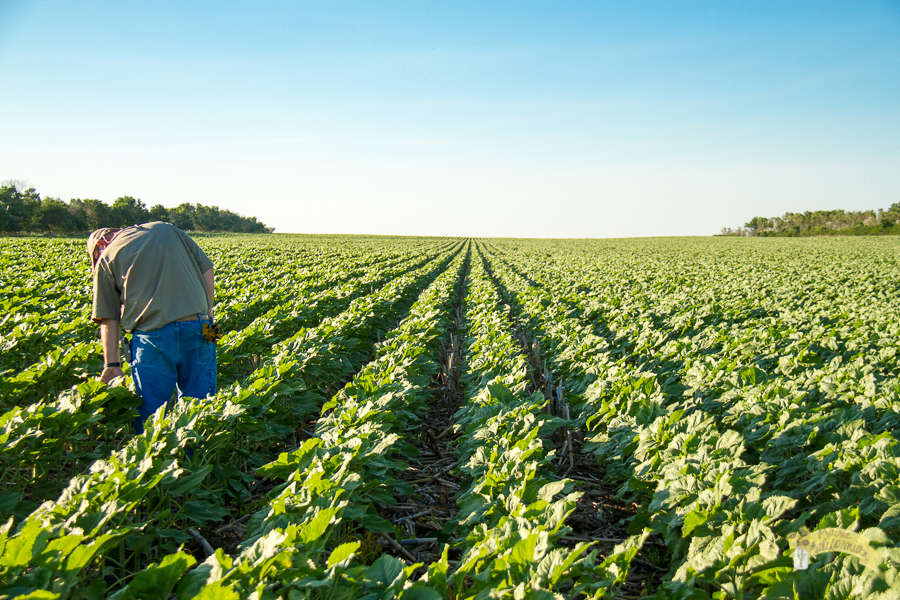
Precisely what is an agronomist?
An agronomist is a specialist who applies scientific expertise and methods to the management and creation of crops. Agronomists do the job in many different settings, from farms and ranches to govt agencies and private companies. They may also do the job in research laboratories or train at colleges and universities.
Most agronomists have at the least a bachelor's degree in agronomy or perhaps a related industry, for example agricultural science or soil science. Several agronomists also have master's degrees or doctorates. The precise nature of an agronomist's job relies on her or his specialty and employer.
Agronomists play a significant position in making certain that crops are healthier and effective. They use their knowledge of plant science to create ways to further improve crop yield, combat pests and diseases, and conserve water and other resources.
The purpose of an agronomist
is to help the earth meet its escalating food production requirements. According to the U.S. Bureau of Labor Data (BLS), employment for agronomists is anticipated to grow more rapidly than typical, with openings on account of growth and substitute requirements.
The work of an agronomist
is demanding and worthwhile, with agronomists usually getting involved in study and training.
The education and learning of an agronomist
Agronomists need to have at least a bachelor's degree in agronomy or linked subject from an accredited university.
The future of agronomy
Agronomists help to make certain that the whole world's population has sufficient foodstuff, they usually do the job to improve crop yields and minimize agriculture's effect view more on the ecosystem. The BLS suggests that agronomists are in demand, but competition for jobs is likely to be strong.
Conclusion
Agronomists are concerned with the review of vegetation, plus they do the job in many different fields, from agricultural research to raising crops. Agronomists check here are needed to ensure that crops are produced for consumption, but they also help create biofuels along with other plant-based products.